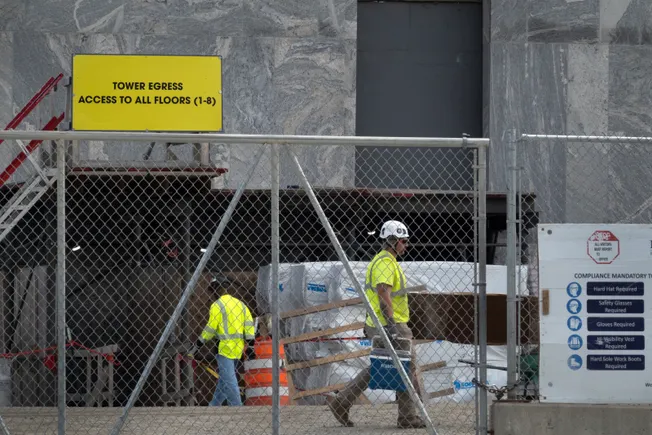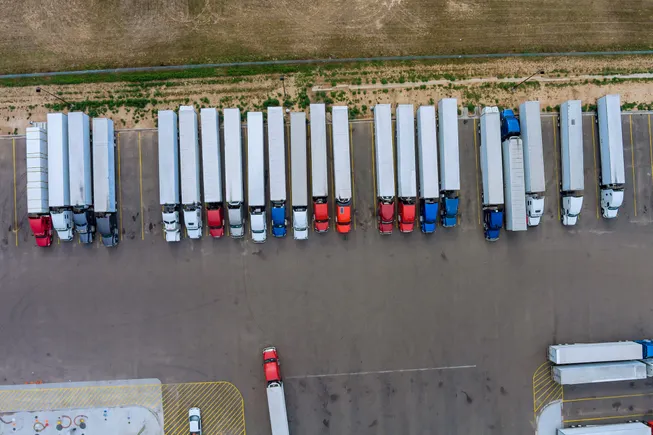About 52% of employees feel hopeful about the future of work, yet more than a third feel depressed, according to a Sept. 10 report from the O.C. Tanner Institute.
Notably, when employees feel a strong sense of hope, they are five times more likely to innovate, eight times more likely to produce great work and seven times more likely to be engaged, the report found.
“In the face of economic uncertainty, changing market expectations and rapidly advancing technologies, employees everywhere are struggling to feel good about the trajectory of their careers,” the report found.
“At a time when organizations are pushing to innovate in a changing business landscape, having a workforce that’s inspired and empowered to meet challenges is more important than ever,” the report said. “Hopelessness and even passive hope aren’t just inconvenient — they work against needed outcomes.”
In a survey, employees who were part of teams that aren’t inclusive were 218% more likely to have feelings of anxiety and 513% more likely to report feelings of burnout, the report found.
In addition, transparency about work and performance were seven times more powerful from an employee’s immediate manager than from a senior leader or HR team perspective.
Beyond that, highly supported employees had lower odds of probable depression, anxiety and burnout, the report found. However, only a third of employees had levels of support high enough to match the expectations of their workplace, the report found.
Notably, employees say they seek hope and trust from workplace leaders, according to a Gallup report. Without it, workers lose engagement, confidence and resilience, Gallup said.
Additionally, about 1 in 5 workers feel their career is out of their control, according to a study from the University of Phoenix Career Institute. Most workers reported burnout and said they’re relying on hope to get through this year.






Leave a Reply